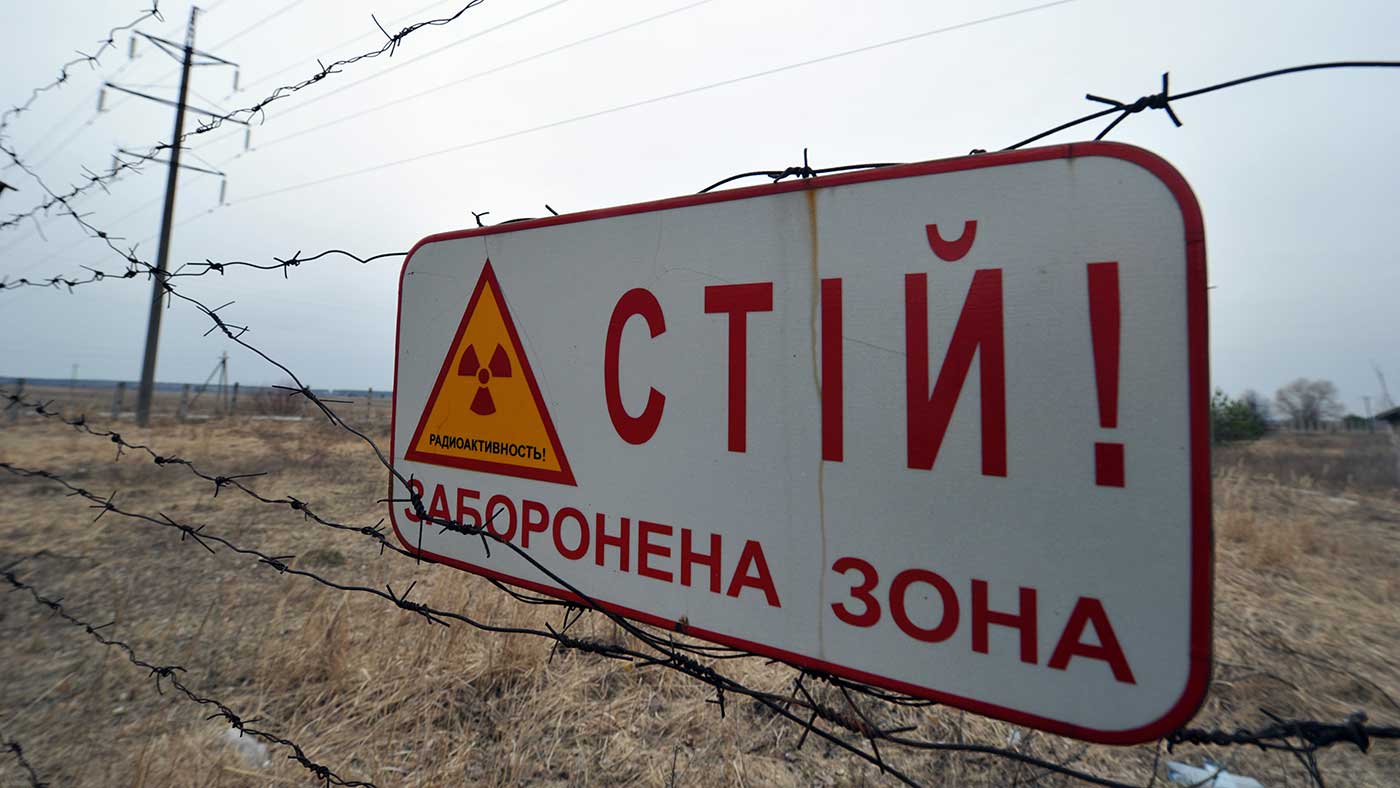Russian nuclear plant leaked radioactive cloud
Moscow initially denied being the source of nuclear contamination across Europe, but has now admitted to a leak

A free daily email with the biggest news stories of the day – and the best features from TheWeek.com
You are now subscribed
Your newsletter sign-up was successful
After months of denial, Russian officials have confirmed “extremely high” levels of radioactive contamination near the Mayak nuclear plant in the south-west of the country.
“Probes of radioactive aerosols from monitoring stations Argayash and Novogorny were found to contain radioisotope Ru-106” between 25 September and 1 October, says Russia's Rosgidromet service.
In one village in the the southern Urals, levels of Ru-106 was found to be “exceeding natural background pollution by 986 times”, reports The Guardian.
The Week
Escape your echo chamber. Get the facts behind the news, plus analysis from multiple perspectives.

Sign up for The Week's Free Newsletters
From our morning news briefing to a weekly Good News Newsletter, get the best of The Week delivered directly to your inbox.
From our morning news briefing to a weekly Good News Newsletter, get the best of The Week delivered directly to your inbox.
Rosgidromet did not name the source of the contamination, but the Argayash and Novogorny monitoring stations are both located close to the Mayak nuclear facility.
“The Mayak plant has had a number of nuclear accidents in the past, including one in 1957 that was the second biggest nuclear disaster in history,” says the International Business Times.
Russian authorities dismissed reports of a nuclear leak when a spike in radiation levels was detected over Europe in late September.
“The state nuclear corporation Rosatom said then that ‘radiation around all objects of Russian nuclear infrastructure is within the norm and at the level of background radiation’”, The Times reports.
A free daily email with the biggest news stories of the day – and the best features from TheWeek.com
France’s Institute for Radioprotection and Nuclear Safety said on 9 November that Ru-106 had been detected in France between 27 September and 13 October, and that the source of the radiation was likely to be an accident.
-
 Political cartoons for February 16
Political cartoons for February 16Cartoons Monday’s political cartoons include President's Day, a valentine from the Epstein files, and more
-
 Regent Hong Kong: a tranquil haven with a prime waterfront spot
Regent Hong Kong: a tranquil haven with a prime waterfront spotThe Week Recommends The trendy hotel recently underwent an extensive two-year revamp
-
 The problem with diagnosing profound autism
The problem with diagnosing profound autismThe Explainer Experts are reconsidering the idea of autism as a spectrum, which could impact diagnoses and policy making for the condition
-
 Epstein files topple law CEO, roil UK government
Epstein files topple law CEO, roil UK governmentSpeed Read Peter Mandelson, Britain’s former ambassador to the US, is caught up in the scandal
-
 Iran and US prepare to meet after skirmishes
Iran and US prepare to meet after skirmishesSpeed Read The incident comes amid heightened tensions in the Middle East
-
 Israel retrieves final hostage’s body from Gaza
Israel retrieves final hostage’s body from GazaSpeed Read The 24-year-old police officer was killed during the initial Hamas attack
-
 China’s Xi targets top general in growing purge
China’s Xi targets top general in growing purgeSpeed Read Zhang Youxia is being investigated over ‘grave violations’ of the law
-
 Panama and Canada are negotiating over a crucial copper mine
Panama and Canada are negotiating over a crucial copper mineIn the Spotlight Panama is set to make a final decision on the mine this summer
-
 Why Greenland’s natural resources are nearly impossible to mine
Why Greenland’s natural resources are nearly impossible to mineThe Explainer The country’s natural landscape makes the task extremely difficult
-
 Iran cuts internet as protests escalate
Iran cuts internet as protests escalateSpeed Reada Government buildings across the country have been set on fire
-
 US nabs ‘shadow’ tanker claimed by Russia
US nabs ‘shadow’ tanker claimed by RussiaSpeed Read The ship was one of two vessels seized by the US military